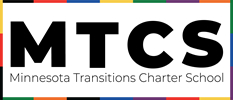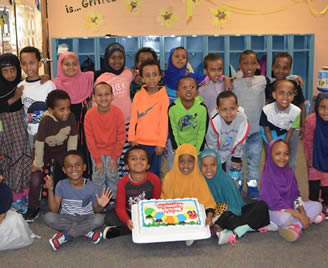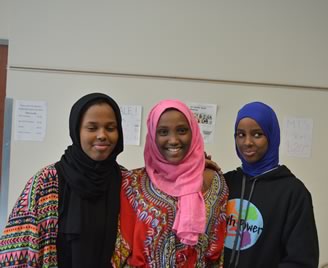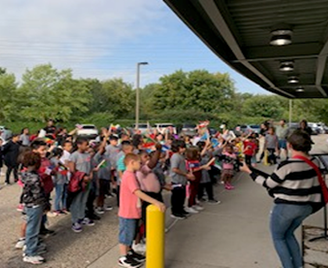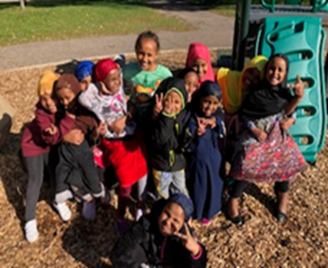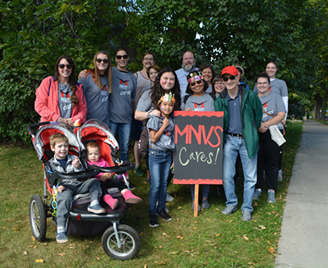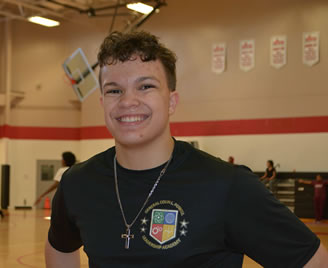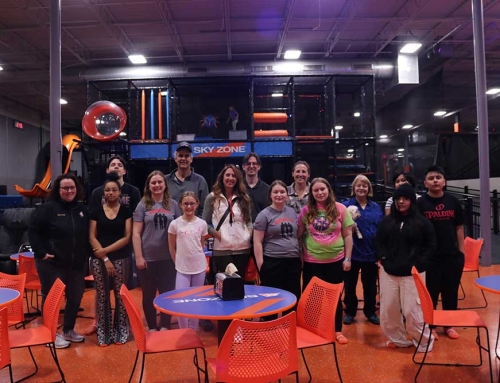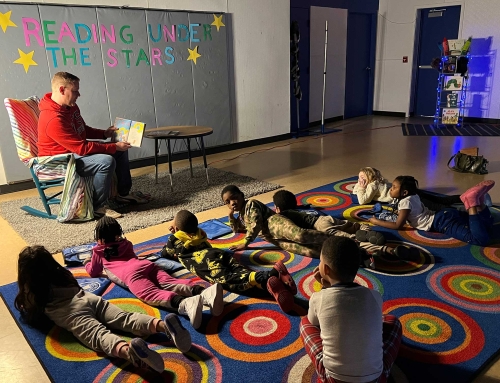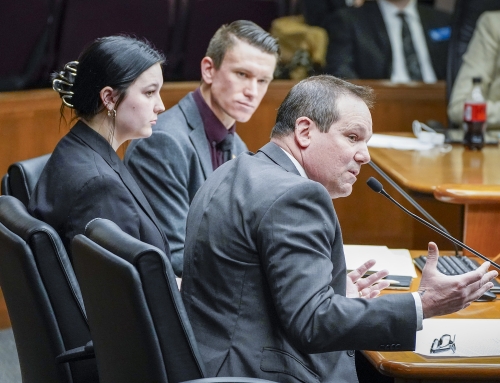Equity and Human Connection are imperative priorities for our district. MTCS is going into year three of familiarizing ourselves with Restorative Practice, year two of Cultural Proficient School Systems and Teach Like a Champion and year one of Trauma-Informed Schools.
Three years ago, our district was identified by the MN Department of Human Rights (MDHR) for disproportionately suspending students of color. Our district serves primarily students of color in our seat based programs and primarily Caucasian students in our online programs. Since suspensions are typically the consequences of behaviors that occur in our seat based programs (it’s simply not possible to suspend online), the disproportion in our discipline data is glaringly evident, albeit, slightly misleading. Our work with MDHR has highlighted many areas in need of improvement, mostly in regards to how our school culture impacts how we interact with one another. After all, human interaction is at the heart of disciplinary issues. When relationships are positive, authentic, collaborative and supportive, students and adults are regulated and can effectively engage in learning and teaching. When relationships are strained or broken, power dynamics are lopsided, and the nature of redirection is punitive, disciplinary issues skyrocket.
While, administration and a critical mass of staff are on board with our main initiatives, the investment in training allows MTCS to reach all staff members, regularly and consistently. Embedding scaffolded learning opportunities to explore these initiatives offers us the chance to deepen the learning of staff who stay with us and to catch new members up to speed with our specific philosophies and pedagogies.
We were also missing the ongoing connection and mentoring that is vital for helping educators apply what they are learning, especially during the most important moments. When classroom dysfunction escalates, how do we regroup individually or collectively in ways that continue to share power, emphasize connection, and communicate a deep sense of caring? This moment is critical in defining who we are as a community and is a delicate line between creating boundaries, honoring accountability and effective communication without tipping into the zone of asserting authoritative power, while disempowering youth and initiating rejection. Our students do not need more rejection in their lives, as they have experienced and continue to experience this rejection in the disenfranchisement of their own communities, daily.
We must be different. We must be willing to challenge ourselves to grow, so we can show up as more effective versions of ourselves in the classroom. Consistent and ongoing professional development covering Restorative Practices, Teach Like a Champion, Culturally Proficient School Systems and Trauma-Informed Schools helps teachers and staff integrate their learning and minimize the gap between theory and practice. Not only do we recognize that we are a primarily Caucasian staff serving primarily students of color, we are ready and willing to do the inside-out work, individually and collectively, to address inequities and disparities that can unintentionally be perpetuated in our classrooms. All human beings are impacted by culture, societal expectations and the relationships we have with others. As educators, we bring our own histories, biases, and our individual and collective stories into the classroom. If we are not powerfully aware of all that we bring with us, the more likely it is that we will become hijacked by our own emotional reactions to the present. Professional development is a tool that can be used to inspire, as well as, when embedded, it can be used to produce sustainable practices educators can use in real time. In order for educators to remain the most regulated adults in students’ lives, we need to understand what triggers us and develop solid self-care plans and strategies that can help us access all of the wonderful things our training teaches us.
